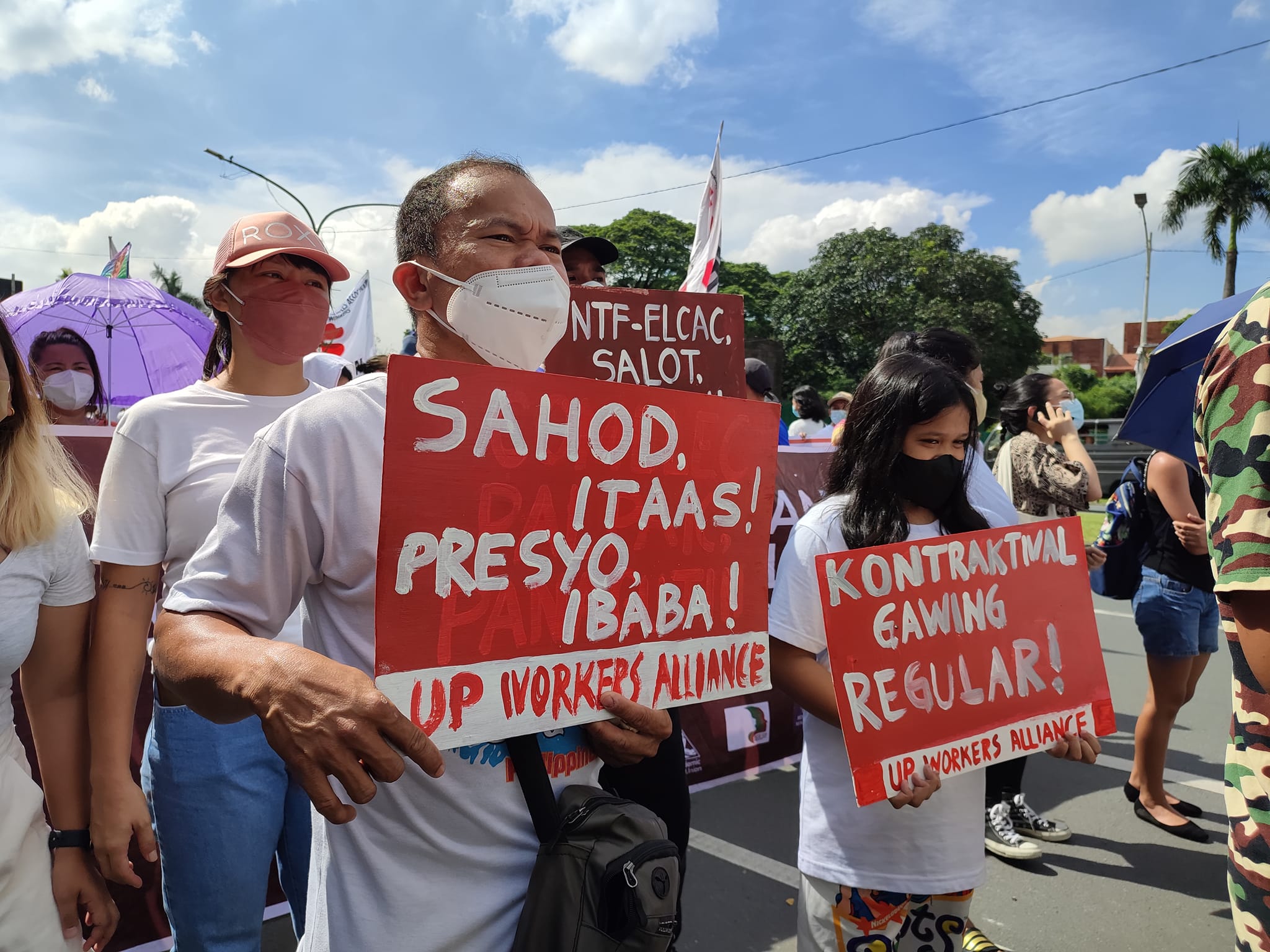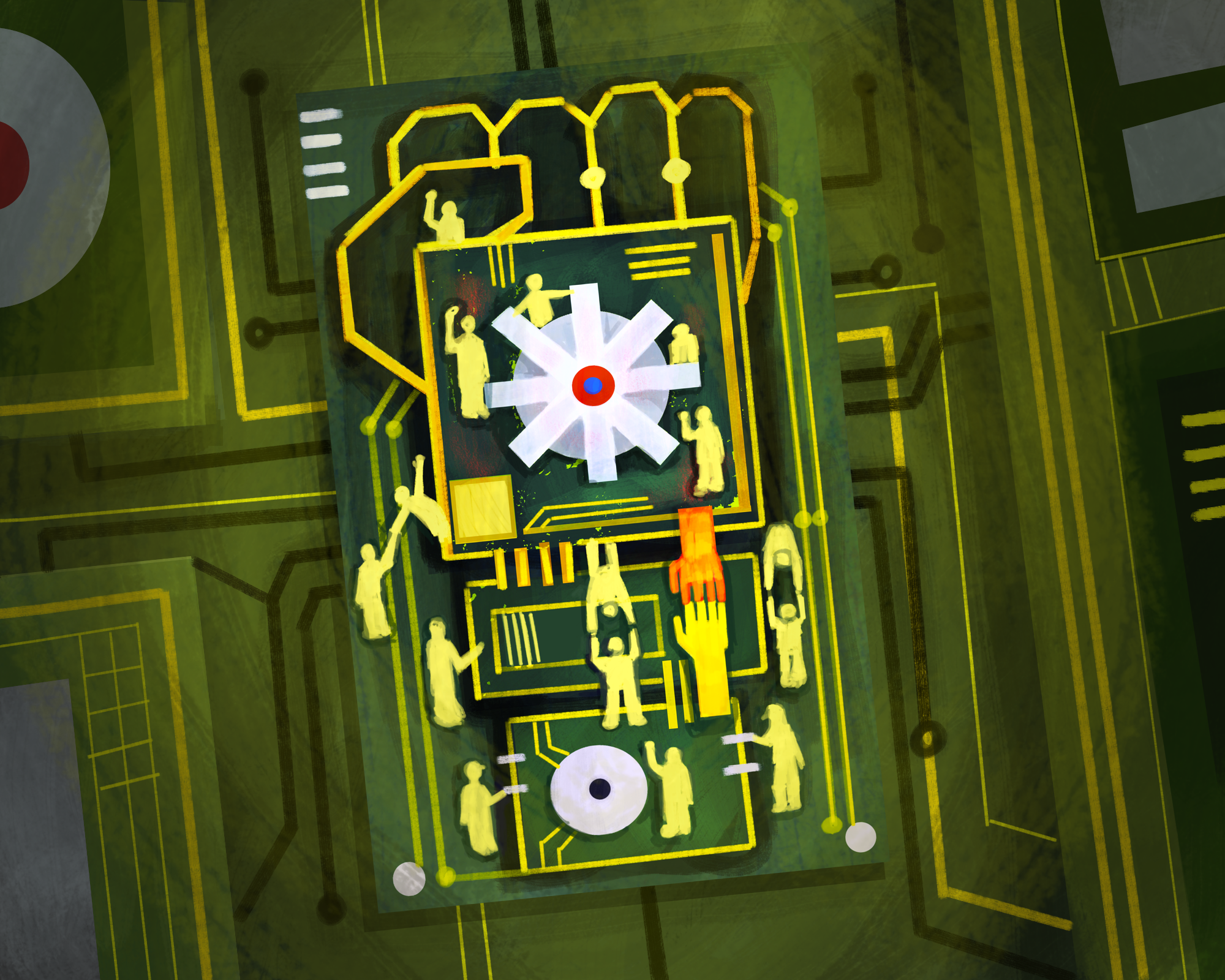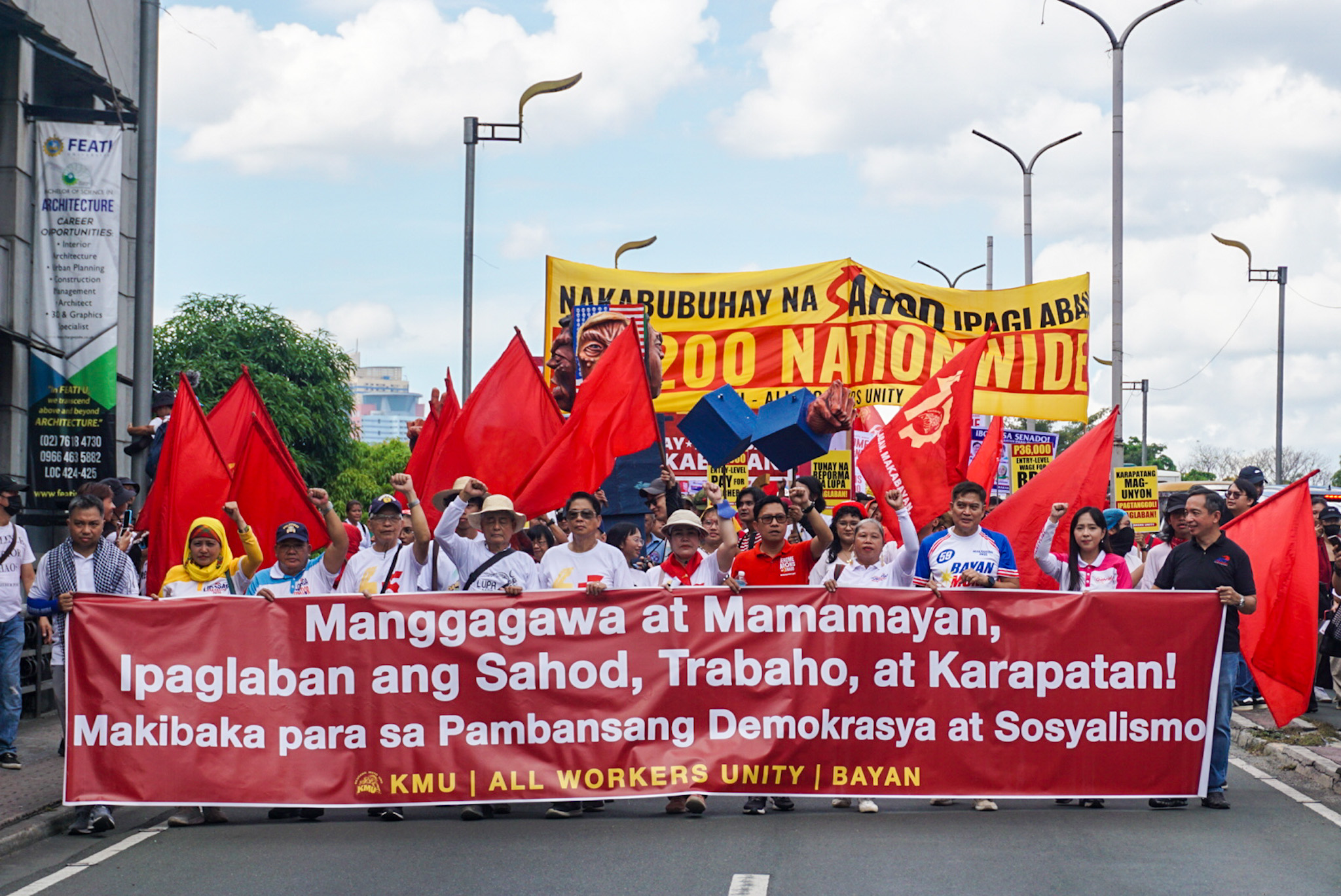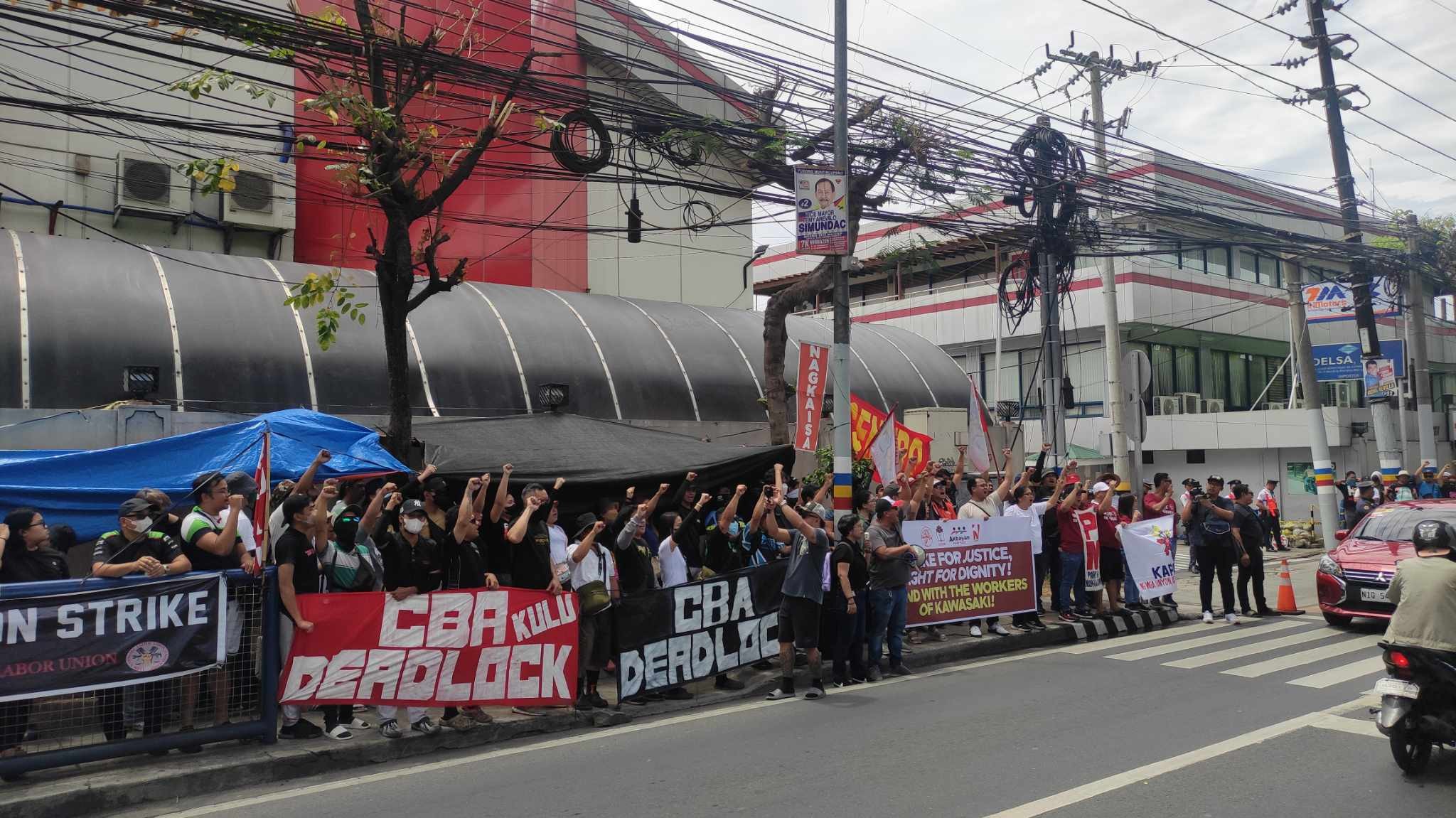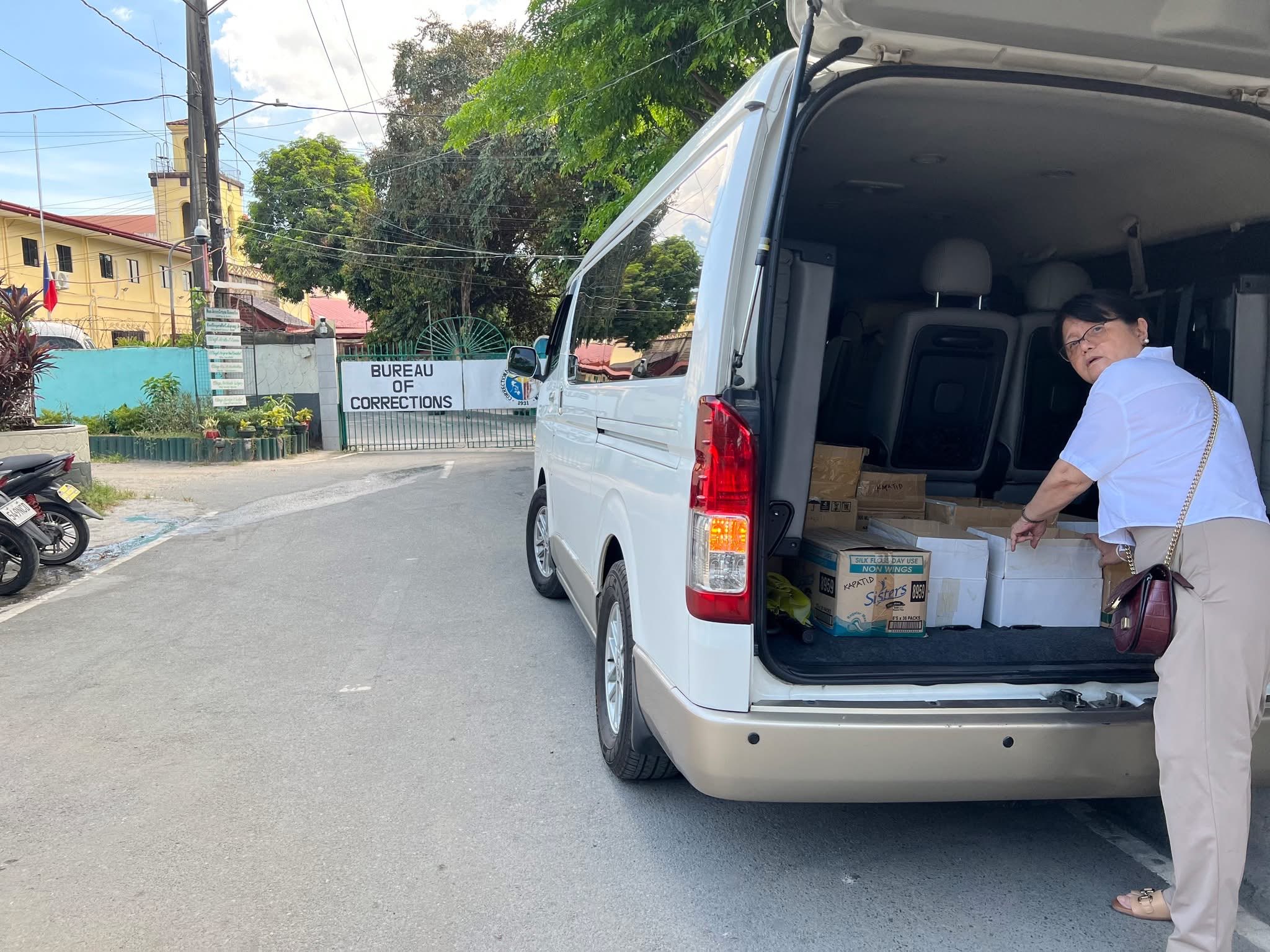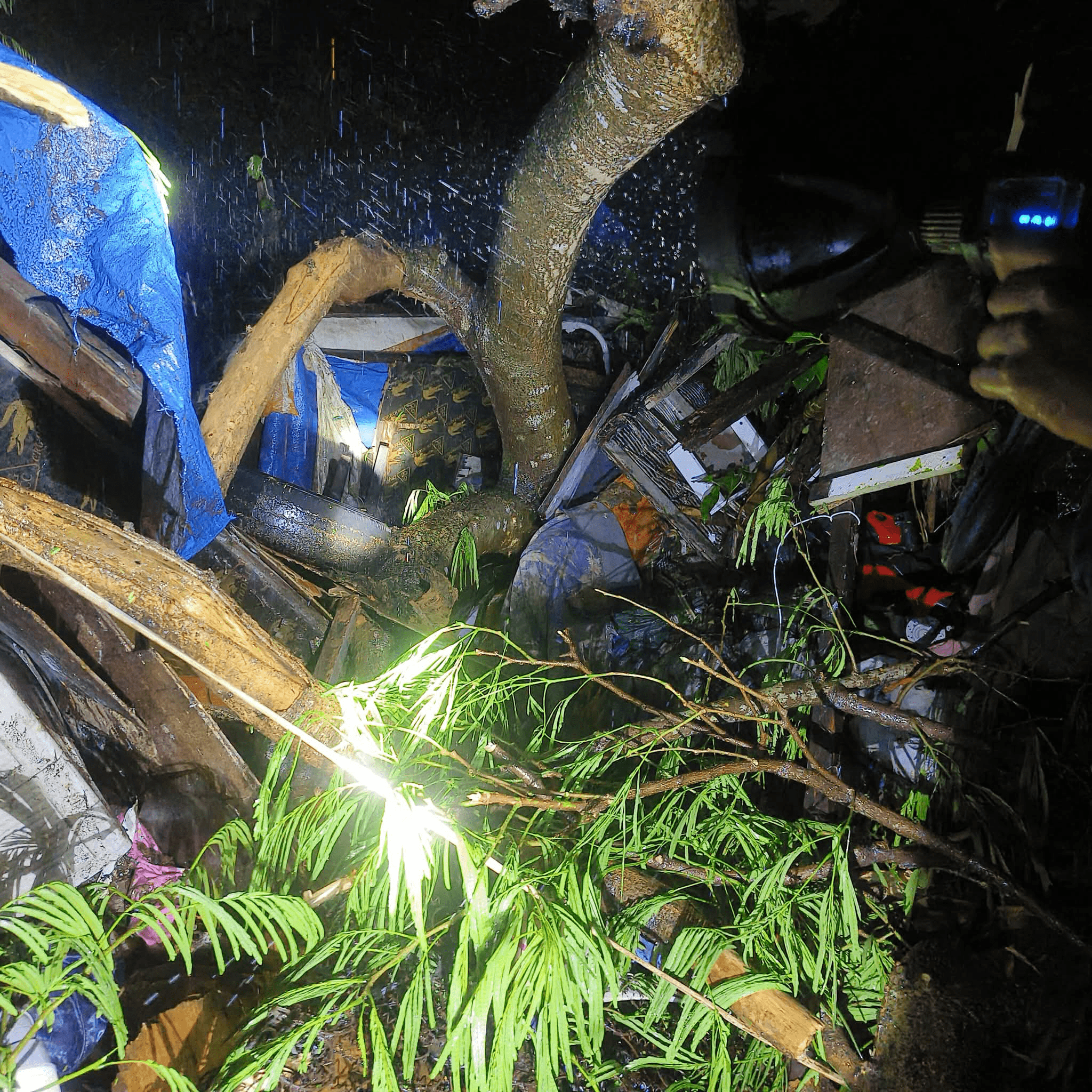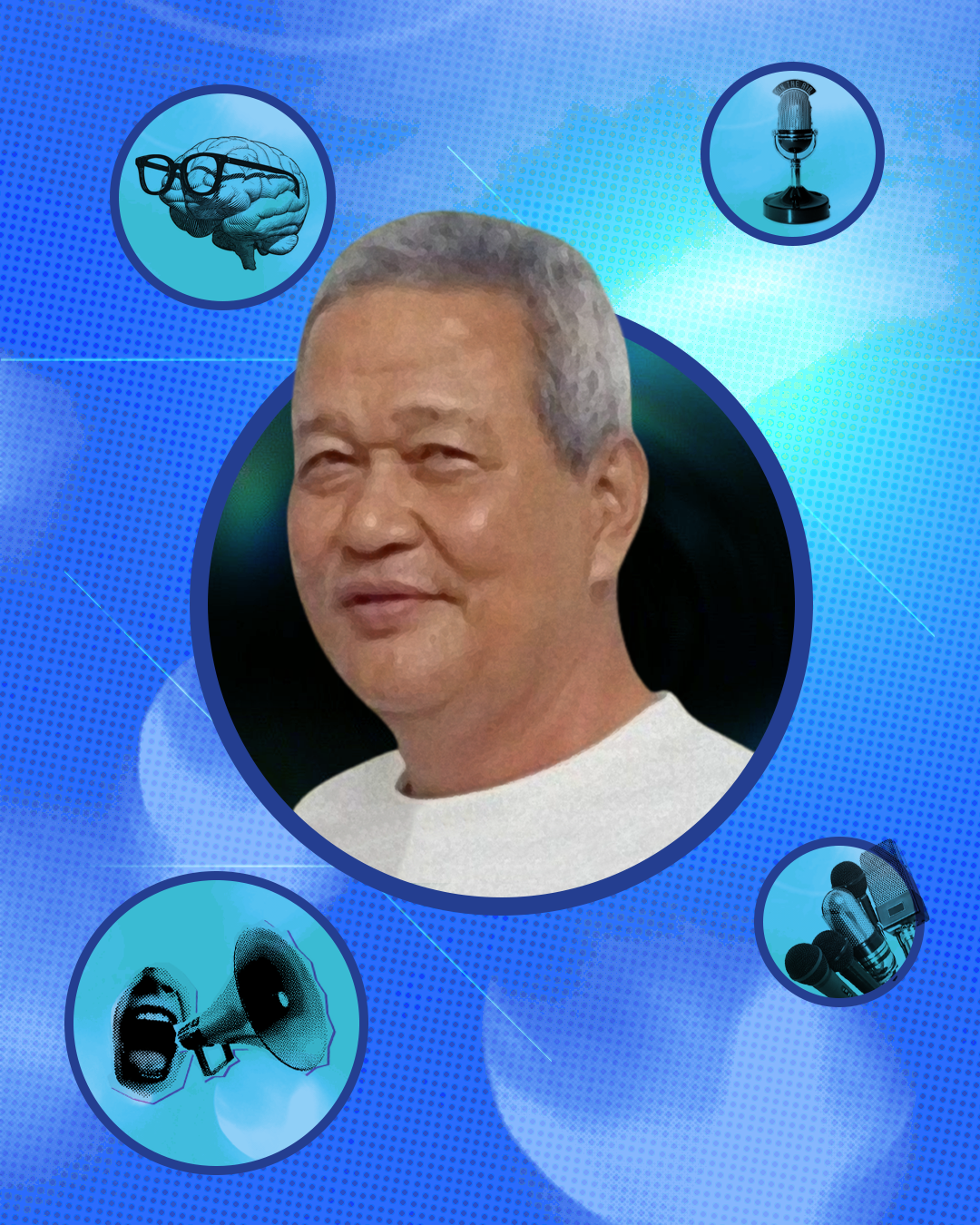Bureaucratic hurdles inside UP Diliman (UPD) have largely contributed to the delays in providing lecturers nearly a semester’s worth of their salary. The problem has dragged on for months, forcing UP lecturers to grapple with the difficulty of providing for their needs at the height of the pandemic and even during the holiday season.
In processing lecturers’ paychecks, documentary requirements need to pass through at least eight different offices. Delays can happen either at their home unit or in any university-wide offices assigned to handle their documents, Vice Chancellor for Administration Adeline Pacia told the Collegian in an emailed response.
In worse scenarios, delays can happen at both levels.
Ideally, these steps should be completed in one to two months only. But owing to the limited staffing, and sometimes, closure of UPD offices due to COVID-19-related precautions, this process exceeds the normal timeframe.
Gridlock
Angelo Joshua Victoria, a senior lecturer from the Institute of Biology, lamented this kind of treatment to lecturers like him. “It’s hard to see the other faculty talking about their expected 13th month pay samantalang ako, di ko nga alam kung kailan dadating yung sweldo ko this semester.”
Victoria is just one of about 1,200 appointed lecturers that the UP system manages every year, according to data from the Office of the Vice President for Academic Affairs. He has still not received his salary since October, shortly after he started teaching three laboratory courses this semester.
As non-UP contractual workers, lecturers like Victoria do not get other financial benefits such as year-end and midyear bonuses provided to regular faculty members. Their compensation also depends on their rank which is determined based on their qualifications upon hiring.
During the start of the lockdown in March, the UP system issued a directive that expedited the process. Based on Memorandum No. TJH-2020-14, only a copy of a lecturer’s certificate of work accomplishment was required to be submitted for the release of their salary. Yet, no resolve from system officials was done to make the relaxed rules permanent.
Pacia explained that gridlocks in the process may happen at any of the offices the documents pass through. The appointment papers of a lecturer, for instance, need to go through various committees before it is deliberated at the Diliman-wide Academic Personnel and Fellowship Committee (APFC). Only then can the chancellor sign a lecturer’s appointment (see sidebar).
“[The] APFC meets twice a month,” Pacia said. “This is why we ask the units to give the recommendation of new lecturers, two months before the semester starts.” In the case of Victoria, he has not received a copy of his appointment papers yet, as of early December. Without the release of such papers, his pay cannot be processed at all.
Bigger Problem
For Victoria, he has not expected that being a lecturer in UPD would give him all the other benefits that a regular faculty member is entitled to. “In normal times okay lang naman yun kasi we are hired as contractuals naman talaga in the first place,” he said. “I recognize na di naman kami talaga kasama sa mga allowances.”
Owing to the scant permanent plantilla positions that the national government has given the university over the past years, UP has been forced to circumvent this by hiring part-time faculty members and lecturers. This situation, according to Pacia, has led UPD to be swamped with about 600 lecturer appointments annually.
Since their salaries are not automatically part of UP’s annual budget, another snag arises from this: UP sources their compensation from the personnel services (PS) lump sum allocation of the university, not from the automatic payroll system for regular faculty members. Lecturers’ salaries, then, pass through another office, the Budget Office, because it comes from a different funding source.
“This growing trend in contractualization among the faculty is another issue that needs addressing,” Victoria stated.
Staff Regent Mylah Pedrano, along with other sectoral regents, has already called the attention of the UP system administration on the lecturers’ delayed salary. According to her, the matter has already been raised to the UP vice presidents for administration, finance, and academic affairs. Until now, no action has been done at the system level to fix the problem.
More than the poor compensation they receive, such labor practice may also stunt the academic and professional growth of faculty members unless they enroll in a doctorate degree—a prerequisite to obtaining a regular status.
In the case of Victoria, he is set to begin his PhD studies in January 2021 abroad. For him, it may be the only way for the university to accord him the security of tenure he deserves. Yet, ironically, as he prepares for his departure, he still has not received his salary. UP offices would not return to work until January 4—less than a week before he leaves the country.
“Gusto ko pa rin ba bumalik sa UP pagkatapos ng mga nangyari sa ’kin? That’s a question for another time,” he said. “Di tayo papakainin ng passion for service, unfortunately.” ●
Design by Sofia Delos Reyes. This article was first published online on December 29, 2020.
